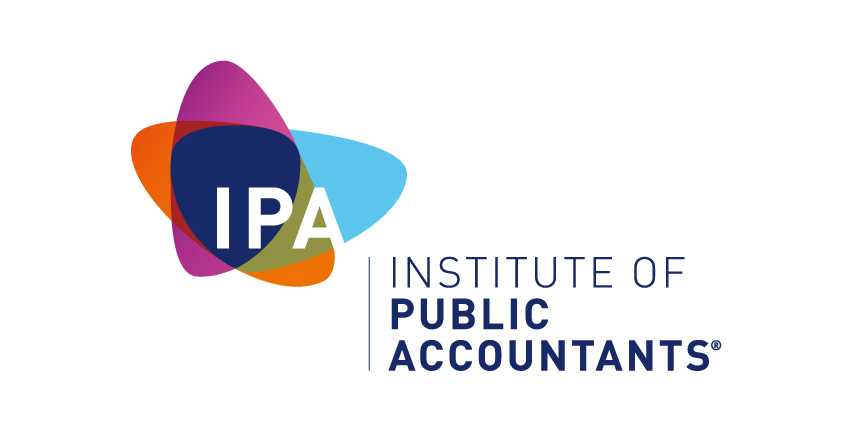PSC: Three letters that mean so much (and about to mean a whole lot more)
BusinessPromoted by

Imagine the following scenario: you go to bed one night comfortable in the knowledge that your business and your personal assets are protected but wake up the following morning with that protection gone. Suddenly, your insurance is under question and the very safety-net you relied upon to send you off to sleep the night before is taken away.

This is precisely the predicament that thousands of CPA Australia Public Practitioners face on 7th October 2017 when their Professional Standards Scheme expires.
The ability of an accountant professional to obtain and hold professional indemnity insurance serves a couple of key purposes. First, there is the direct protection to the professional providing advice that the services they provide is indemnified and the financial exposure of the adviser is substantially protected should a claim be made about them for the quality of advice or their conduct.
Secondly, and perhaps most importantly is the protection that Professional Indemnity insurance provides the public. The ability to seek recourse following an adverse outcome resulting from the conduct of an accountant is critical to the standing of the profession.
The Professional Standards Councils, or PSC, is the central agency that administers the Professional Standards Act. This agency was established to oversee Schemes whereby professions could apply for approval to administer a Scheme to enable members to limit or cap the maximum liability of its members. This is achieved by the professional body applying to the PSC for consideration of its processes and its self- or co-regulatory functions to provide the PSC with the confidence that it has capacity to do so. Once the PSC is satisfied that the conditions of the Act are met, the PSC may approve the Scheme and the members of the professional body can use this cap and obtain professional indemnity insurance. A careful balancing act needs to be undertaken by the PSC to ensure that this is a genuine two-way street. Namely, the professional body is legitimately regulate its members and secondly that the public will not be adversely impacted by a cap in liability. Overall, the job of the PSC is to continually raise the bar in awareness and action of professional standards amongst professions.
On 25 July 2017, the Professional Standards Councils announced that the existing CPA Australia Scheme will expire on 7 October 2017. This means that almost 7,000 CPA Australia public practices covered by the Scheme lose any protection the Scheme provides from 8 October 2017. The PSC has cited issues around governance and leadership and a significant concern about independence. The independence concerns arose following the establishment of its subsidiary CPA Australia Advice and the perception of the member body competing with its own members. As the regulator of its membership, questions have been raised as to how CPA Australia can regulate its members whilst also appearing to compete in the same market with them.
Although the expiry of the Scheme is a bug blow to CPA Australia practitioners, there is some hope.
The Institute of Public Accountants (IPA), which represents more than 35,000 members and students and has a primary focus on small-medium enterprises and small-medium public practice. The IPA has grown increasingly concerned about the impact of the expiry of the CPA Australia Professional Standards Scheme. Members of CPA Australia have done nothing wrong and are now faced with the real prospect of operating their practices in breach of their professional indemnity insurance. CPA Australia members who do nothing once the Scheme expires on 7 October may find themselves in breach of their insurance policies and therefore not covered at all. This poses a significant threat to the security provided by the insurance but also places consumers at financial risk.
The IPA has been working very closely with the PSC to develop a pathway for CPA Australia members that is simple and ensures ongoing protection. The IPA lodged an application to extend its current Scheme which requires all IPA Public Practitioners to hold a minimum Professional Indemnity Insurance policy of $1 million (current CPA minimum is $2 million). This Scheme was approved by the PSC on 15 September 2017. The States and Territories are now proceeding with publishing the Schemes with the aim of them being fully operational by 7 October.
Rather than complex formulae to determine what level of cover is required, to be covered under the IPA Scheme the process is very straight forward:
- Join the IPA as a member or Joint member (online process for CPA Australia members at concessional rate)
- Obtain IPA Practice Certificate (reciprocal recognition for CPA Australia members)
- Hold a minimum of $1 million Professional Indemnity Insurance
Once these criteria have been met, members can benefit from the capped liability regime they have operated under for many years and the benefits of IPA membership.
For CPA Australia members, complacency is not an option. The PSC have been very clear that if CPA Australia members continue to represent the fact they are covered by their Scheme beyond 7 October, they run the risk of breaching the law and in particular, the Australian Consumer Law which includes amongst a range of penalties, protections for consumers against misleading and deceptive conduct.
All accountants want to do the right thing and it is unfortunate that CPA Australia’s members are bearing the brunt of this. We would rather not be in this position, however for the ongoing certainty of practitioners and consumers, there is no option but consider switching today.
CPA Australia members are encouraged to visit www.publicaccountants.org.au or discuss your situation with the IPA today on toll free 1800 625 625.



You are not authorised to post comments.
Comments will undergo moderation before they get published.